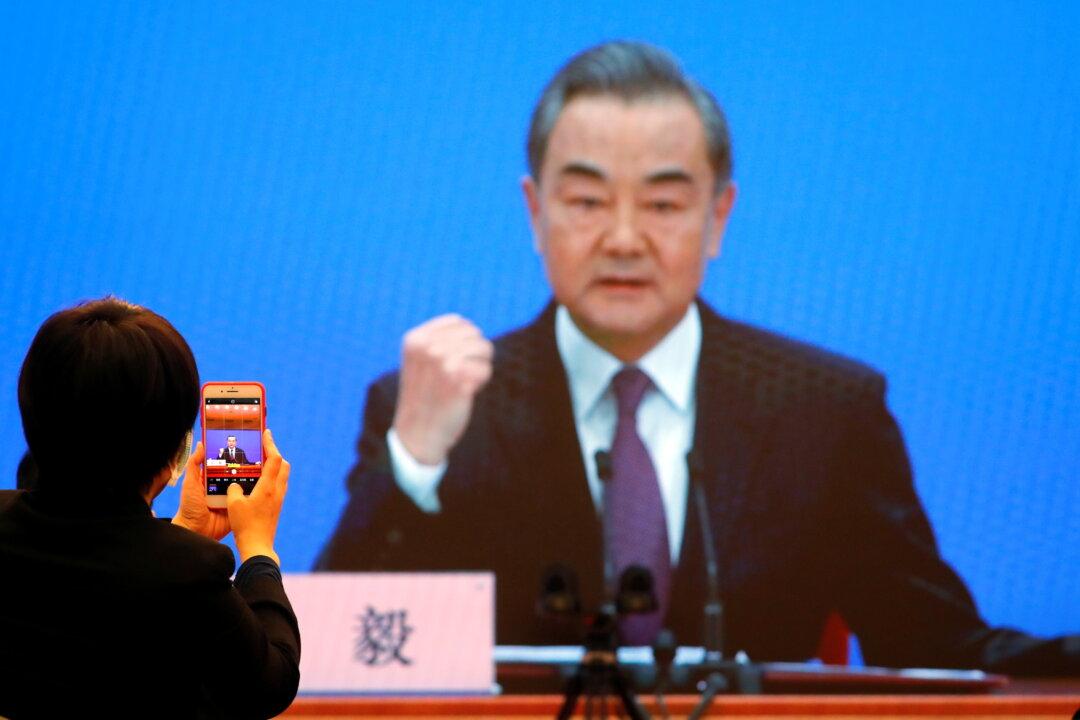Chinese Foreign Minister Wang Yi will lead a high-level delegation to the Solomon Islands to cement a recently signed security pact that will allow Beijing to station troops and weapons in the region.
Wang’s visit is expected to occur sometime in May and comes amid Australia’s ongoing federal election campaign (due to end on May 21), where the handling of relations with the Chinese Communist Party (CCP) has come under the spotlight.





